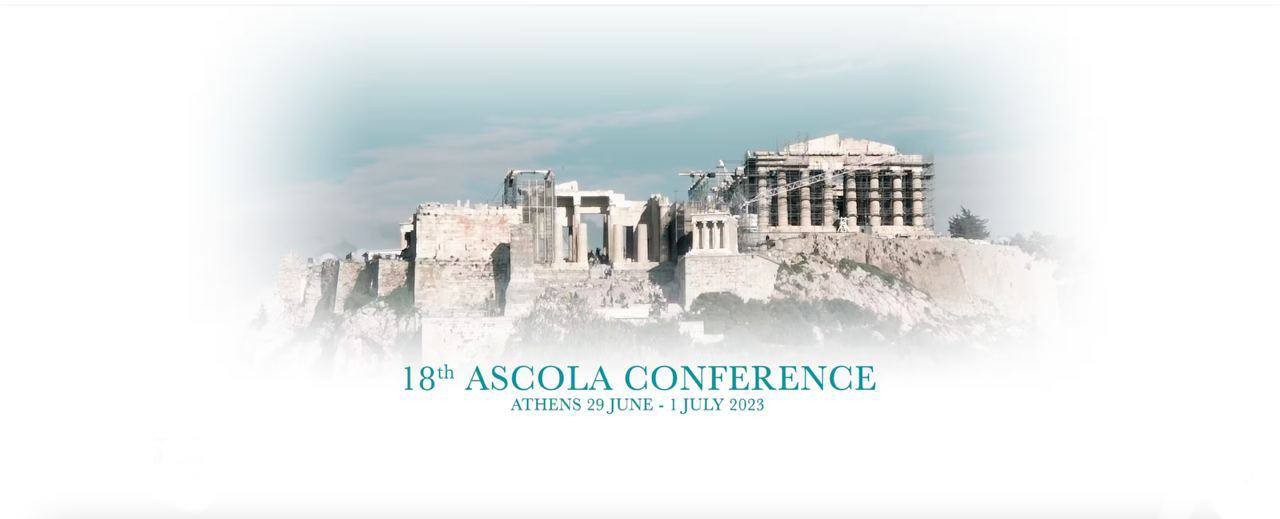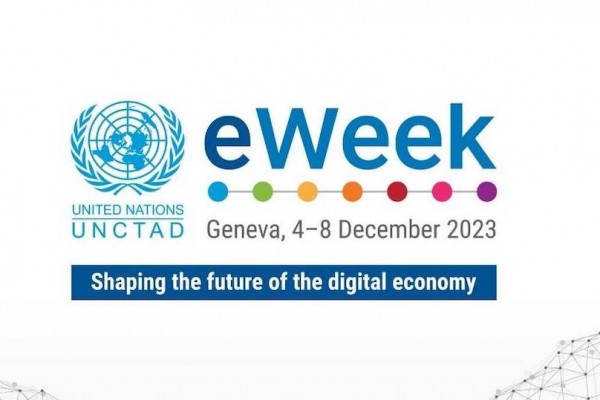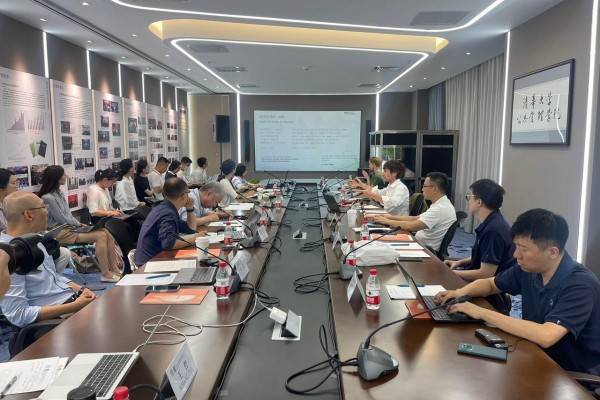On June 30, Alexey Ivanov, Director of the International BRICS Competition Law and Policy Centre, and Daria Kotova, an expert at the Centre, along with their colleagues from the International Institute for Applied Systems Analysis (IIASA) delivered a report on ecoantitrust at the 18th ASCOLA International Conference, which took place from June 29 to July 1 in Athens. Their report was entitled "The Ecological Approach to Digital Ecosystems and Competition Development: Gardeners vs. Mechanics."
Digital platforms have long understood themselves as ecosystems and adopted an ecosystem mindset toward growth, competition, and governance. The ecosystem approach has helped the digital platform business model become one of the most successful in the last three decades and proliferate beyond the bounds of regulatory jurisdictions. This bodes the question: isn't it time to change a regulatory toolkit that is no longer fully responsive to the challenges of today?
The ecoantitrust concept is designed to adapt antitrust regulation to global digitalization. An overview of the next stage in the development of the ecoantitrust method was presented by Gergely Boza, Guest Research Scholar (CAT, ASA), and Alexey Ivanov, Director of the BRICS Competition Centre, who made a joint presentation.
Ecoantitrust is based on the analogy of digital and natural ecosystems. This natural approach to regulation can be used in the same way that technology companies use ideas from ecology and biology to organize business processes. In the logic of ecoantitrust, antitrust regulators are "gardeners," working with ecosystems as wildlife and correcting their development.
"Ecoantitrust, unlike the outdated antitrust tools of the industrial era, provides a holistic view of the problem and takes into account the nature of digital platforms. This method assumes that digital ecosystems develop cyclically, passing through all stages — from birth and development to amplification and the externalization, when the closed ecosystem begins to suppress independent players,"
said Alexey Ivanov. The BRICS regulators can play a leading role in promoting environmental antitrust regulation around the world, he believes. Ivanov also emphasized the need to address the fragmentation of regulatory jurisdictions since the absence of consensus has historically led to underenforcement and uncertainty in regulation.
Regulatory intervention in digital ecosystems usually occurs when it is too late to change anything, as was the case with Facebook's (banned and designated as extremist in Russia) acquisition of WhatsApp. Ecoantitrust allows for the formation of a new set of tools for regulators, who are tasked with responding in a timely manner to the increasing power of digital ecosystems.
In his part of the presentation, Gergely Boza highlighted that biological systems and digital economic systems are both types of complex adaptive systems (CAS). He presented the Eco-Evolutionary 5M Framework designed jointly by ASA researchers and the BRICS Centre which ascertains the ecosystem mindset for digital platforms from a perspective of competition policy. Not only would such an approach allow for a “common regulatory language” around ecosystem governance which would clarify understanding between digital platforms and their regulators; it would also facilitate a transfer of insights and models useful for designing regulatory tools adept in the nexus of digital platformization.
The BRICS Centre's expert Daria Kotova addressed the current practice of antitrust authorities in investigations of digital ecosystems, which illustrate the omissions of the existing standards of antitrust analysis of digital markets and thus justify the need to develop new analysis tools.
The ecoantitrust project, on which the BRICS Centre is working together with the Vienna-based International Institute for Applied Systems Analysis (IIASA), was first presented in November 2021 at the BRICS Competition Conference in China.
The session was also attended by Elena Rovenskaya (International Institute for Applied Systems Analysis (IIASA)); Stavros Makris (University of Glasgow); Selcukhan Unekbas (European University Institute) and Anselm Küsters (Centre for European Policy and MPI for Legal History & Legal Theory). The meeting was modeled by Mihalis Marinos (Democritus University Thrace Law School).
The annual conference is held under the aegis of one of the leading international organizations in the field of antitrust law ASCOLA — Academic Society for Competition Law. The organization was founded in Munich at the Max Planck Institute for Innovation and Competition, in 2003. ASCOLA unites several hundred researchers and scholars from all continents who focus on antitrust law, economics and policy.



